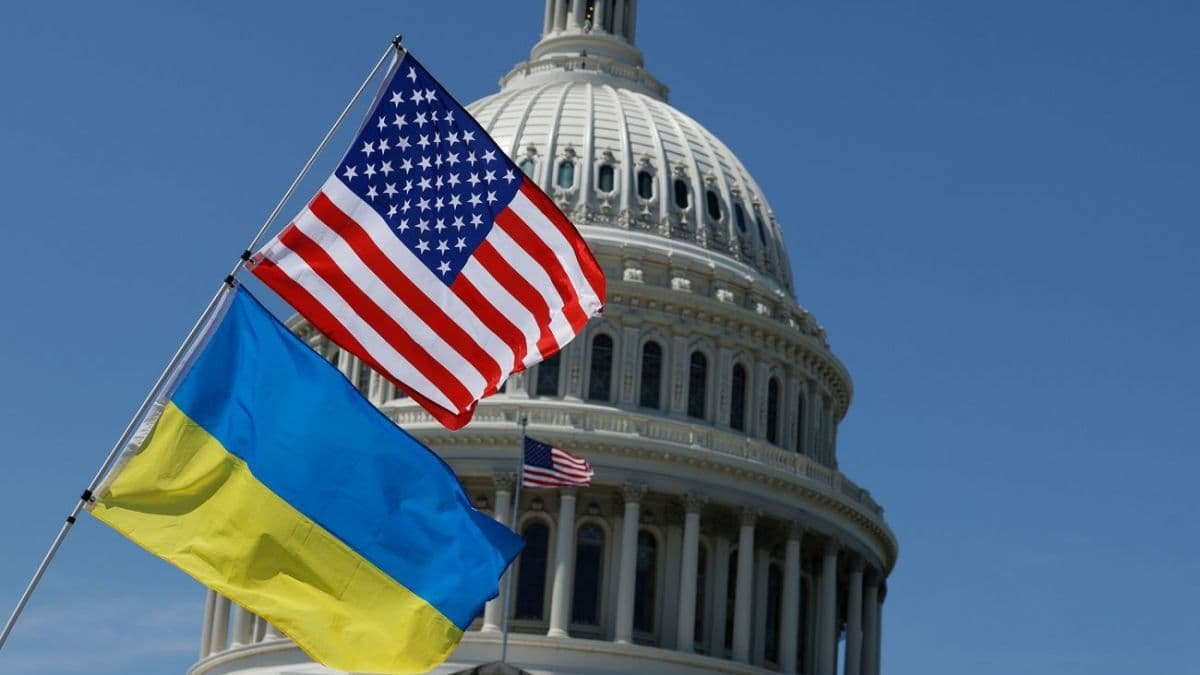The U.S. Senate Appropriations Committee approved a landmark $852 billion defense spending bill on July 31, by a vote of 26–3, which notably includes $800 million for the Ukraine Security Assistance Initiative (USAI) a program supplying intelligence, training, equipment and materiel to Kyiv and $225 million for the Baltic Security Initiative, most of which supports Ukraine’s defense effort against Russian aggression.
This move starkly contrasts with the Trump administration’s budget request, which sought to eliminate the USAI entirely. Instead, Senate Republicans many of whom had previously supported Ukraine even before Russia’s full-scale invasion joined Democrats in rejecting the administration’s funding freeze.
Senators such as Mitch McConnell (R‑KY), who chairs the defense subcommittee, and Chris Coons (D‑DE), the subcommittee’s top Democrat, emphasized that maintaining support for Ukraine is essential not only for transatlantic solidarity but as a way for the U.S. military to adapt to evolving warfare paradigms particularly in drone and munitions technologies.
The Committee’s approval initiates the process of sending the bill to the full Senate. If passed, it must be reconciled with the House version which adhered to Trump’s original $831.5 billion request and excluded Ukraine aid and ultimately be signed or vetoed by the President to become law.
Parallel to the appropriations process, Senators Lisa Murkowski (R‑AK) and Jeanne Shaheen (D‑NH) introduced a bipartisan bill on July 31, seeking an additional $54.6 billion in Ukraine assistance over two years, aiming to bolster Kyiv’s air defense, cyber resilience, and military readiness with potential use of seized Russian assets to fund the effort.





